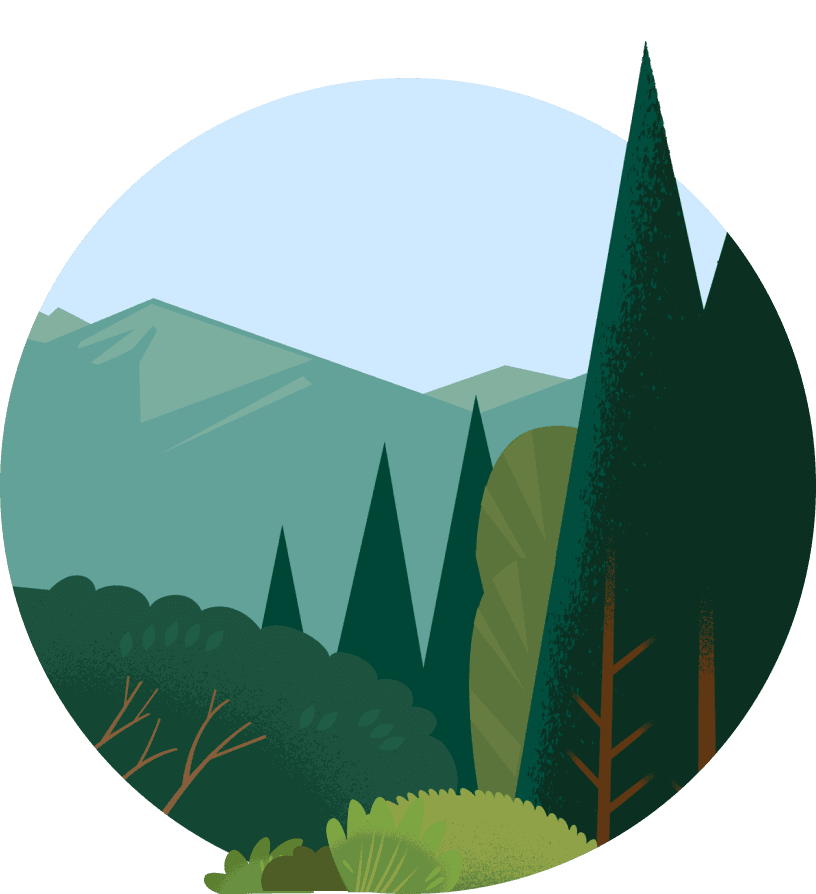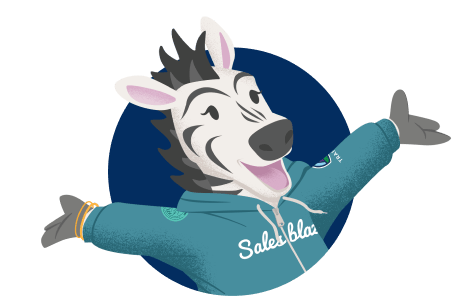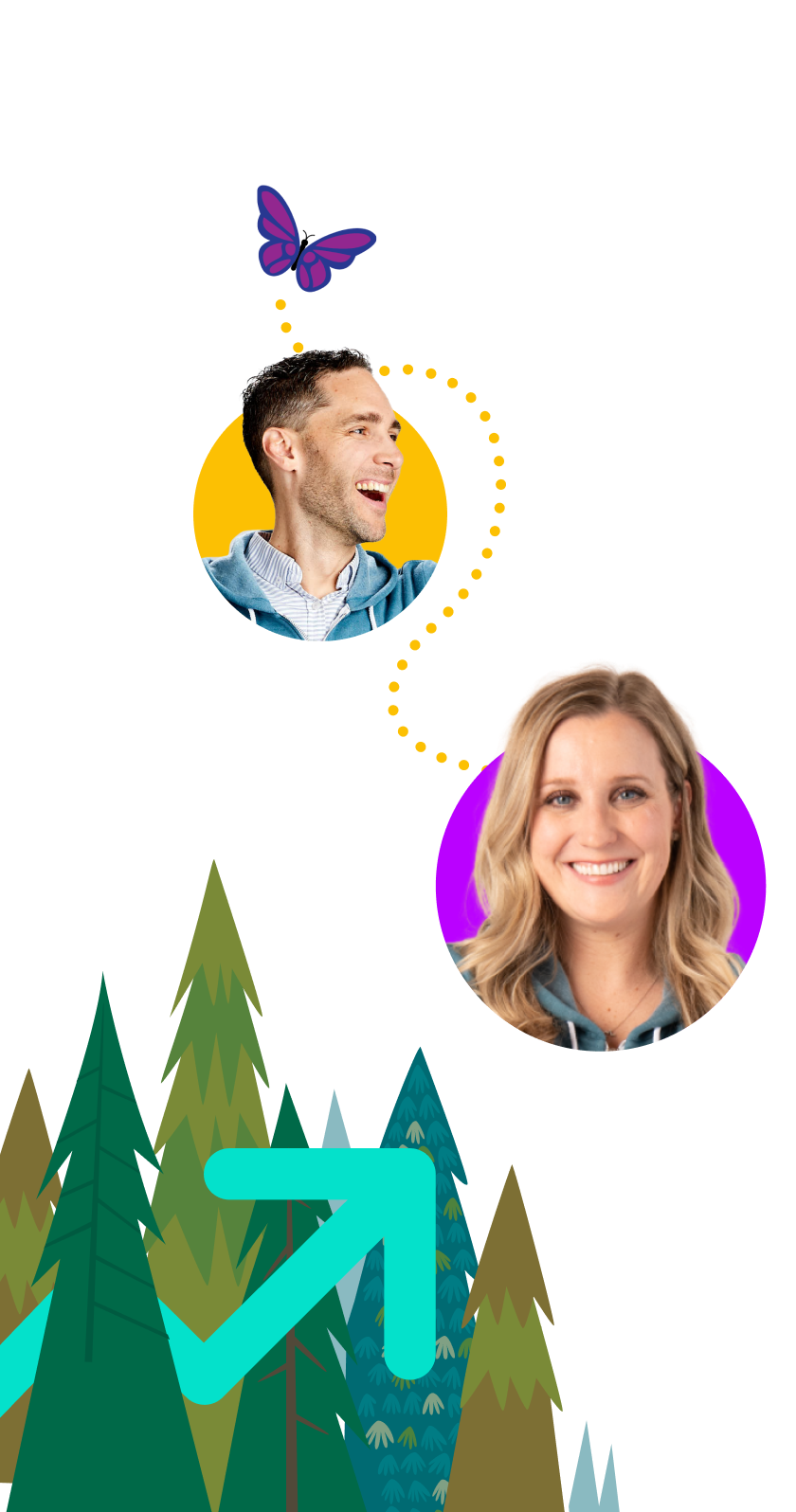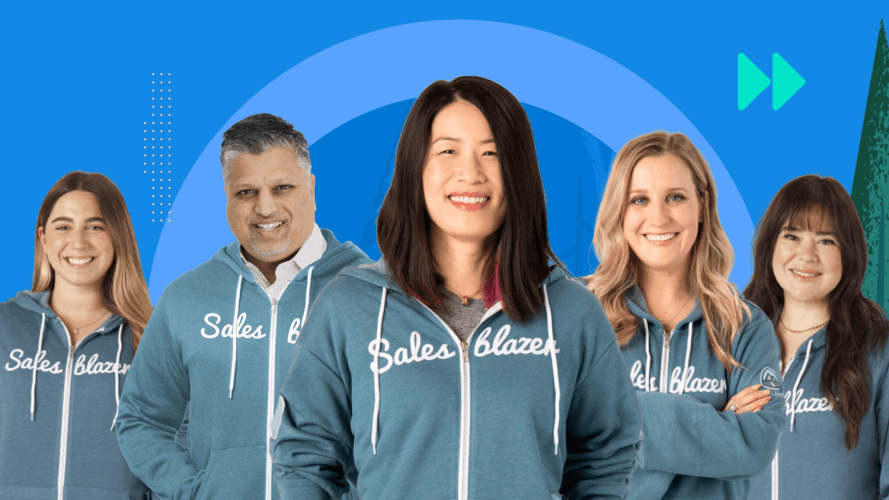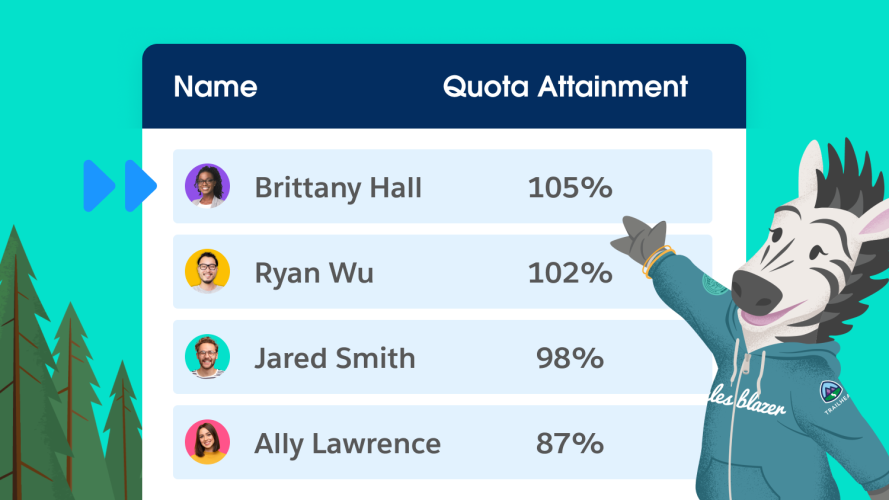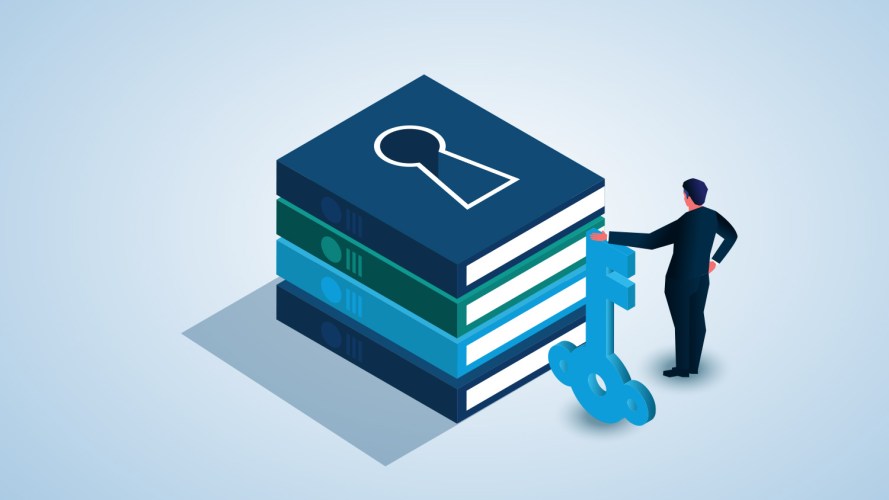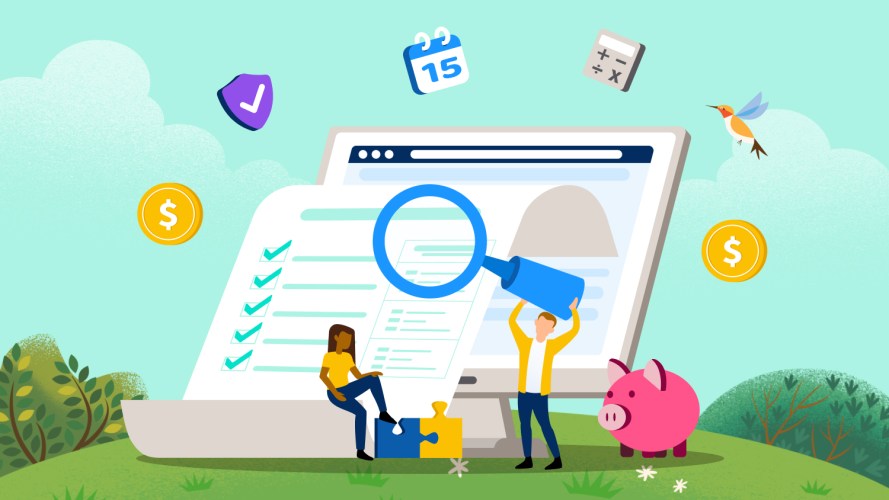What Are Sales Certifications? Fill Your Knowledge Gap



Sales is not a one-size-fits-all business, and your training shouldn't be, either. Sales training leader Cynthia Barnes explains her approach to authentic professional development in this #Salesblazer Q&A.
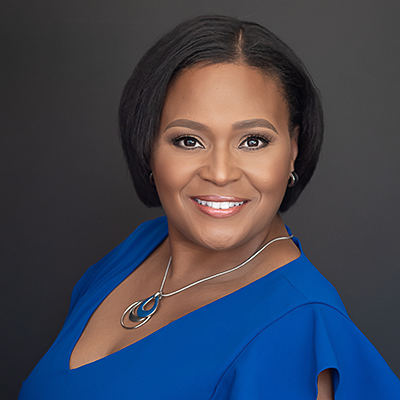
Cynthia Barnes
Welcome to #Salesblazer Q&A, a column by sales pros, for sales pros. Get answers to your burning questions about the best ways to sell, learn, and grow in this ever-changing field. Have a question? Ask it here.
Dear Salesblazer: What are the best sales certifications and training to help me advance my career and stand out from the crowd? — Veronica Moscuzza, regional sales manager, LinkedIn
Dear Veronica: I think about sales training much like I think about choosing a good doctor. You don’t pick a doctor solely because they have an M.D. You pick them because of their reputation, how they relate to you, and how they meet your needs.
The same goes for sales training and education. It’s crucial to stay up to date on skills and education (via sales certifications, typically). But it’s also important to invest in a customized development program that helps you refine your talents and gain confidence in the things that make you you.
So how do you pick sales certifications that boost your career, while also filling in your knowledge gaps and advancing your career? I’ve broken down my approach below. — Cynthia Barnes, founder and CEO, National Association of Women Sales Professionals
Join the Salesblazer movement
We’re building the largest and most successful community of sales professionals, so you can learn, connect, and grow.
What are sales certifications?
Sales certifications show competency in core skills or functions like cold calling or sales management. Most come as a package with three components: a prep course, an exam, and the certification itself. These days, courses are often online and self-directed, designed to help you learn the certification topic inside out. Once you complete the course, you take the exam. If you pass, you receive the certification.
There are many sales certifications to choose from, but it’s best to opt for those backed by a universally trusted organization with documented experience in sales. You can expect to pay $400-3,000 for a course-and-certification combo. At the lower end, you typically get bare-bones training (think: elementary information on sales careers or selling tactics), although some established organizations offer low-cost, high-value certifications. Higher-cost programs generally offer more specialized training with experienced, credentialed instructors.
Types of sales certifications (and the ones I recommend)
The most common certifications cover core sales competencies, sales methodologies, sales products, and management. Here are some sales certifications I recommend, based on these areas.
Basic selling competency certifications
Certifications in this category help sales reps learn or hone the fundamental skills they need to sell successfully. This covers just about everything in the sales process, from prospecting to lead nurturing and closing.
My recommendations: At the top of my list is Winning with Relationship Selling from Dale Carnegie Sales Training: It focuses on building meaningful connections during a sale, and offering value beyond what buyers can discover on their own. Salesforce also just launched training and certification for sales reps looking to level up their core selling skills. Dozens of sales vets with on-the-ground experience created it, so it really prepares you for day-to-day work.
Methodology certifications
Some certifications demonstrate knowledge of the “what” of the sales process — what it is and what it entails. Methodology certifications home in on the “how” — how to approach a sale to make sure it ends in a close. These certifications can cover soft skills like empathy building, or more tactical skills like objection handling.
My recommendations: SPIN (Situation, Problem, Implication, Need-Payoff) Selling helps reps shift their focus from the sales pitch to the high-value questions that pinpoint buyer challenges. The book “Gap Selling” by Keenan is a great complementary resource, outlining how to address the real problems the buyer is experiencing.
Product certifications
Sales may be about relationships, but day-to-day selling is also about knowing the technologies of the trade that can help you work more efficiently. Certifications in this category show you’re fluent in the latest sales tools.
My recommendation: Look for classes on industry-standard customer relationship management tools (CRMs), alongside marketing and analytics tools — or whatever tools will help you improve your speed and effectiveness. One of the best certifications in this category is the Salesforce Administrator Career Certification, designed to help Salesforce users become experts in Sales Cloud CRM.
Sales management certifications
These focus on the core skills you need to be an effective leader, from creating and executing strategies to setting achievable goals. Other courses focus on critical soft skills that help you communicate with, inspire, and motivate your team.
My recommendations: Consider Certified Sales Executive (CSE), the bread and butter of sales management certifications. It covers both operations and people management. As a supplement, I highly recommend DiSC (Dominance, Influence, Steadiness, and Conscientiousness) certification, which helps managers understand the strengths and weaknesses of different communication styles.
Build a customized professional development plan
Sales is not a one-size-fits-all business, and your training shouldn’t be, either. Certifications give you the basic know-how to do your job, but they won’t necessarily help you sell authentically — and selling like yourself is the best way to connect with buyers and land sales. To build your sales career outside of credentials, find the people and resources that can help you distill sales knowledge and tailor it to your style. Here’s how I do it:
Find a mentor with your ideal job: Look for someone who has the job or skills you want, and reach out to learn how they progressed in their career. But look beyond fundamental: Focus on people who are selling the way you want to. Ask them to help identify your strengths and gaps so you can learn to sell in ways that feel most effective and authentic to you.
Sometimes your ideal mentor is a team leader, but more often, they’re someone in the broader community you can connect with through a network like LinkedIn. My colleague Lori Richardson recently shared some great advice: Keep an eye out for mentors who are not only experienced, but are willing and able to motivate you to do little things every day to hone your sales skills.
Take time to learn every day: Set aside one hour a day to learn more about sales skills and topics that interest you. I recommend starting with “The Psychology of Selling” by Brian Tracy. It will help you understand what sways a prospect, getting them to the coveted “yes” at the end of a deal. Then, find books, podcasts, and videos that offer compelling insights on areas you’d like to work on. You can find these on channels where salespeople share their ideas — places like LinkedIn and the Salesblazer Community. Once you have a list of materials, dig in. Keep that one hour of your day sacred. Read, watch, and listen without distractions. And don’t forget to keep searching and learning — this isn’t a one-and-done thing.
Build your brand within the sales community: Become a mentor to other sellers. Regularly post and share insights on LinkedIn. Host virtual events to showcase your expertise on topics that matter to your prospects and the sales community. Focus on the unique ways you can help other sellers. Sharing your personal anecdotes and insights can feel intimidating at first, but it helps you identify areas where you have a lot to offer. Added bonus: You’ll learn a lot in conversation with other top-notch sellers.
Take an authentic approach to your career development
Sales certifications — and sales trainings, more broadly — aren’t about checking a box. They’re about honing skills so you can become more effective at your job, move ahead in your career, and build better customer relationships, whether you’re a sales rep, a sales ops professional, or sales leader. Whatever credentials you pursue, remember to supplement them with a customized development plan to help you become the most authentic Salesblazer you can be.
Become a Salesforce certified rep
Study and prepare with a learning path designed just for you.
